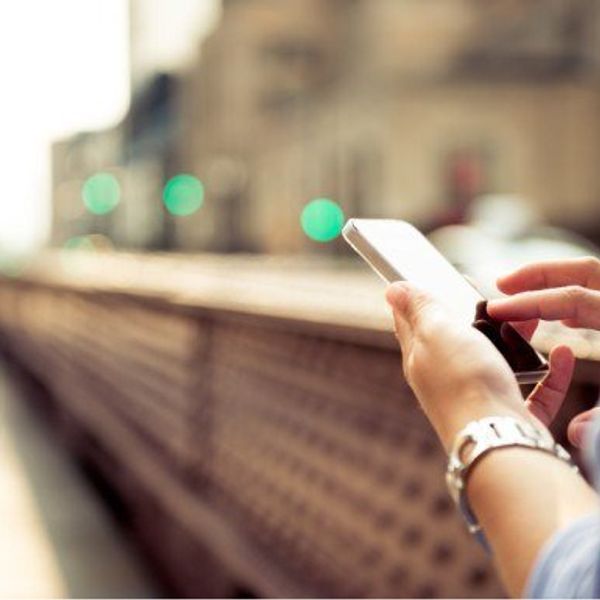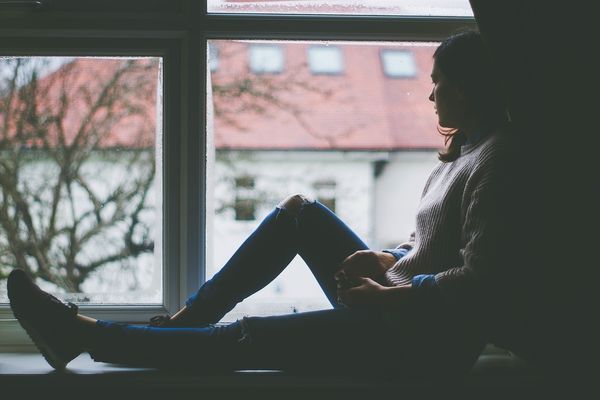Do you like to spend a few minutes (or even hours) on your phone before bed as a way to wind down? Most people do. In today's society, one filled with technology that never stops improving, it seems that checking social media, replying to last-minute texts and emails, and catching up on your favorite Netflix original series before bed would be a smart part of everyone's nightly routine. However, multiple studies have found that using electronic gadgets, such as smartphones, laptops, tablets, and even TVs, before bed can negatively impact one's ability to fall asleep.
According to Sleep.org, using electronics with screens for extended periods of time at night can affect sleep in multiple ways.
First, the blue light given off by screens suppresses the production of the hormone melatonin, which tells your body when to sleep and regulates your circadian rhythm, or the sleep/wake cycle humans naturally have. Simply put, exposing your eyes to the light from your phone right before bed tells your mind it is not time to sleep, therefore delaying sleep even after you have put the phone down.
Second, using your phone before bed keeps your mind alert and awake, the opposite of what it should be doing before bed. By reading, playing games, texting, and watching videos on a bright screen before bed, you are essentially telling yourself, subconsciously or not, that you aren't ready to sleep. Then, when you do decide to call it a night, your brain has to take time to transition from that alertness into sleepiness, and it takes more time.
Sleep.org recommends giving yourself at least 30 minutes of electronic-free time before bed to help counter the negative affects they may have on your sleep. Instead of using your phone, trying reading a book or magazine, journaling, or coloring in an adult coloring book as a way to wind down. Your brain will use this time to get ready to sleep, and you will be able to fall asleep faster than ever.























